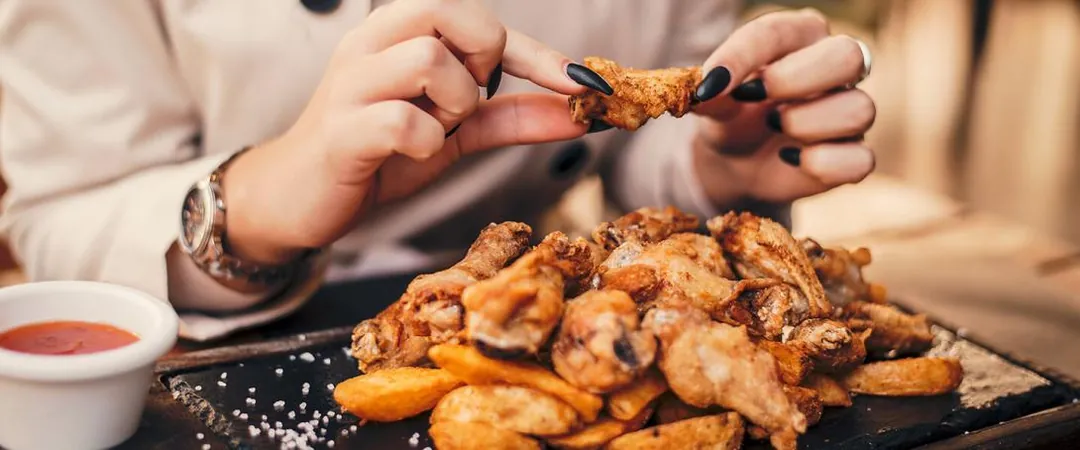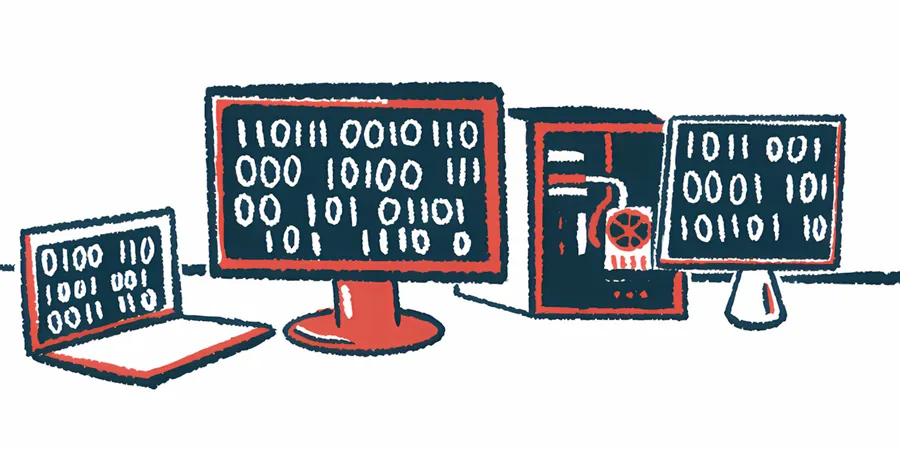
Unlocking the Secrets of Obesity: How High-Fat Foods Alter Our Brain Chemistry
2025-04-10
Author: Jacob
Are High-Fat Foods Sabotaging Your Pleasure?
In a world teeming with high-calorie delights, the question looms: is our insatiable craving for fatty foods leading us down a dark path of obesity? New research sheds light on this perplexing issue, revealing that the brain's reward system might hold the key to understanding our relationship with food.
The Unexpected Effect of a High-Fat Diet
While it’s widely accepted that indulging in rich foods contributes to weight gain, the latest findings indicate a bizarre twist. After prolonged exposure to high-fat diets, individuals—both human and mouse—show a surprising drop in their desire for these calorie-dense treats. How could consuming more lead to wanting less? Researchers from the University of California, Berkeley, are on a mission to find answers.
Meet the Researchers Behind the Breakthrough
Led by Dr. Stephan Lammel, with contributions from Dr. Neta Gazit Shimoni and Dr. Amanda J. Tose, the team has been delving deep into how high-fat diets rewire our brain's eating behaviors. They aim to untangle the complex neural circuits that connect our motivation for food with our rewarding experiences.
Dopamine: The Pleasure Chemical in Our Brains
Dopamine, the brain's superstar chemical, plays a pivotal role in how we perceive reward and motivation, especially regarding food. In a well-functioning brain, the anticipation of food stimulates dopamine release, driving us to seek out those high-calorie delights. But here's the kicker—chronic high-fat diets seem to dull this dopamine response, leading to a disconnection between pleasure and consumption.
The Neurotensin Connection
Recent findings unveil that neurotensin, a protein in our brain, is crucial in this equation. Normally, it helps enhance dopamine activity in areas associated with pleasure and motivation. However, consistent high-fat food consumption diminishes neurotensin levels, impairing our reward pathways and ultimately reducing our desire to indulge in these high-calorie items.
Understanding the Paradox of Overeating
Despite this reduction in pleasure, why do we continue to overindulge in rich foods? The researchers propose that obesity may dull our sensitivity to reward changes, leading to a habit of overconsumption despite diminished pleasure. Factors like altered feeding habits, circadian rhythms, and even reduced mobility may also play a role.
A Path to Restoration: Could We Reverse the Damage?
The game-changing revelation? Restoring neurotensin levels in the brain could potentially revive our lost appetite for pleasure-driven eating. This could open new avenues for effective obesity treatments that aim to restore this sense of enjoyment in eating.
A Promising Strategy Against Obesity
As the obesity epidemic continues to escalate, targeting neurotensin signaling in our brains may offer a promising strategy for regulating food intake. This approach could help maintain a healthy weight without interfering with other essential brain functions regulated by neurotensin. Imagine a future where we can savor our favorite foods again while managing our weight more effectively!
The research is ongoing, but the implications are vast. If these findings can be translated into human treatments, we might just unlock the door to healthier eating patterns and improved mental health. The link between what we eat and how we feel has never been clearer.









 Brasil (PT)
Brasil (PT)
 Canada (EN)
Canada (EN)
 Chile (ES)
Chile (ES)
 Česko (CS)
Česko (CS)
 대한민국 (KO)
대한민국 (KO)
 España (ES)
España (ES)
 France (FR)
France (FR)
 Hong Kong (EN)
Hong Kong (EN)
 Italia (IT)
Italia (IT)
 日本 (JA)
日本 (JA)
 Magyarország (HU)
Magyarország (HU)
 Norge (NO)
Norge (NO)
 Polska (PL)
Polska (PL)
 Schweiz (DE)
Schweiz (DE)
 Singapore (EN)
Singapore (EN)
 Sverige (SV)
Sverige (SV)
 Suomi (FI)
Suomi (FI)
 Türkiye (TR)
Türkiye (TR)
 الإمارات العربية المتحدة (AR)
الإمارات العربية المتحدة (AR)